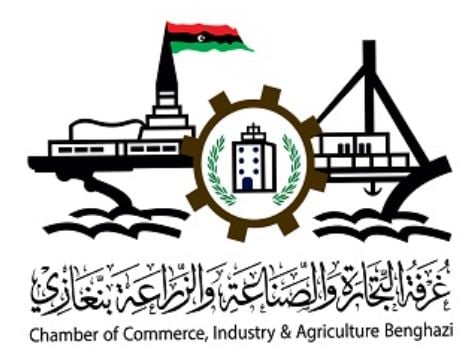Tripoli, 2 June:
Tripoli’s Chamber of Commerce, Industry and Agriculture is protesting the new ministerial decree that enables foreign companies more . . .[restrict]easily to set up Libyan joint ventures, branches and representative offices in most sectors, including oil and gas.
The principle concern of some Libyan businesses appears to be Article 9 of the Ministry of Economy decree number 103, which permits outside companies to establish branches in a range of industries, including the oil sector. (See Libya Herald , 19 May “New decree regarding foreign ownership in Libyan companies released”).
The Chamber’s president Khalil Mahfouz said that member businesses held differing views. Nevertheless there was concern about the future of Libyan oil service companies, if foreign firms were permitted to compete on a level playing field.
Mahfouz said that senior members of the chamber had already met with Industry Minister Dr. Muhammad Mahmoud Al-Fteissi and a further meeting was expected in the coming days
The liberal extent of Decree 103 surprised both the local and foreign business communities, who had been expecting a continuation, with a few amendments, of the conservative and protectionist legislation put in place under the old regime.
There still remain a dozen sector where foreign partnerships continued to be proscribed, including retail and wholesaling, import, catering, agencies and distributorships, auditing and legal practices, quarrying and contracting and construction for contracts worth less than LD 30 million.
For some, including leading Tripoli lawyer, Dr Mohammed A. Tumi, the Managing Partner at Tumi Law firm, even these protected areas should be opened up to foreigners.

“ Generally speaking,” he told Libya Herald, “I would like to see foreign participation in the form of JVs in the services sector, because we still need some experience in these activities.”
Some members of the Chamber are clearly concerned that they will lose out, now that foreign firms are no longer going to be obliged to have local agents. Overseas competition is likely to damage the business of less efficient Libya companies. However at the same time, those firms that can form successful partnerships with outside concerns are likely to benefit in terms of management know-how and technology transfer. [/restrict]









